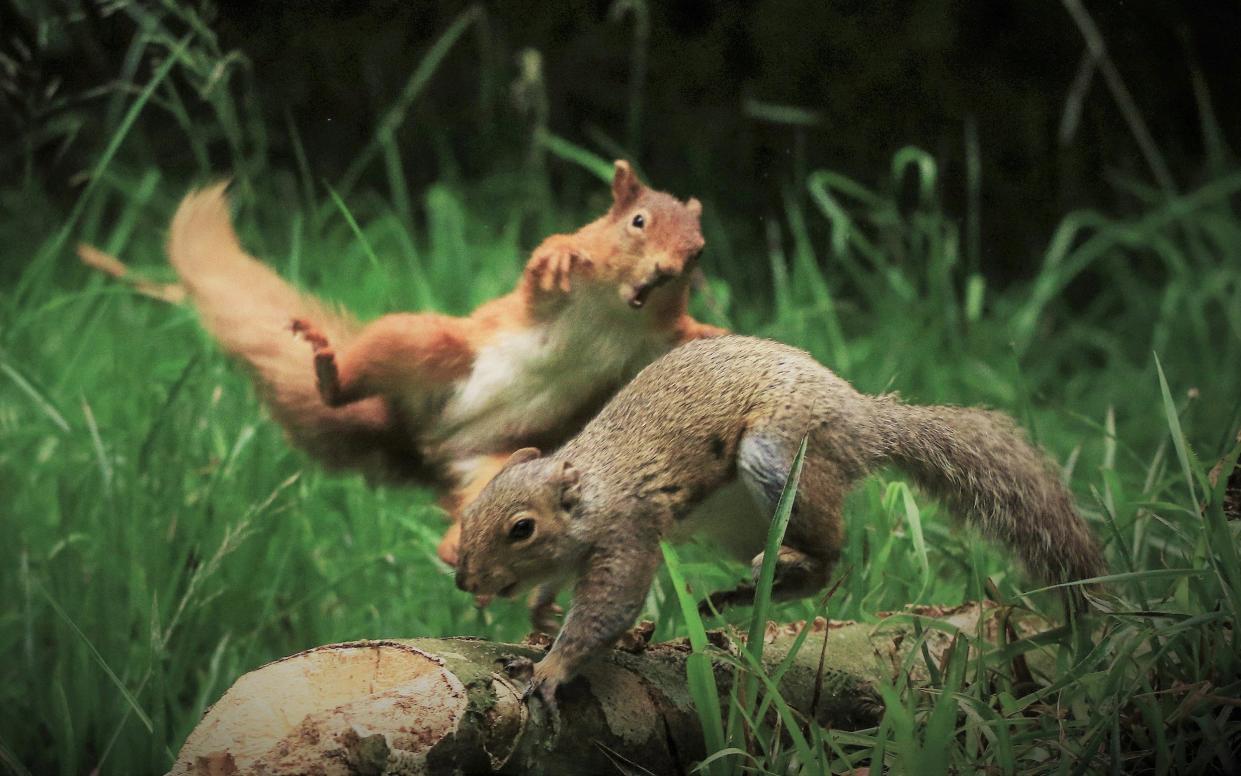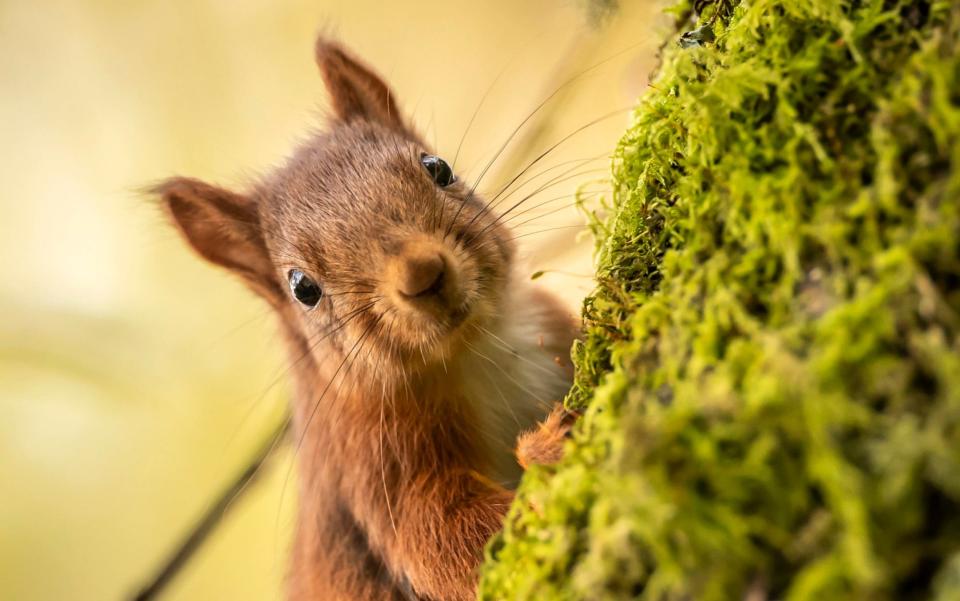Royal Forestry Society urges grey squirrel cull in the wake of more than £1bn of woodland damage

Grey squirrels are causing £1.1bn of damage to Britain’s woodlands, the Royal Forestry Society has said, as it recommends they be culled.
The invasive rodents have already caused red squirrels to be wiped from most of the UK by out competing them for food and spreading the lethal disease squirrel pox, but they also destroy forests by nibbling the bark of young trees.
The society endorses lethal control where squirrel populations get out of hand. This can include shooting. They are also funding research into contraception for the animals, as a more humane option, in order to stop them breeding.
Scientists have estimated in the new report that grey squirrels will cost the sector at least £1.1 billion in the next 40 years – in damaged timber, lost carbon revenue, and tree replacements.
Their effect is already starting to take hold, with managers across England and Wales reporting that they avoid planting broadleaved tree species that are most vulnerable to grey squirrel damage, including oak, beech and sycamore.
They argue the risks of grey squirrel damage and cost of mitigation can be too high to justify against final timber values for trees which often take 80-100 years to mature. This shift could also have effects on woodland biodiversity, as fewer species of tree are planted.
Woodland owners have named the grey squirrel as the number-one threat to their broadleaf woods, and they say previous calculations of the costs of squirrel damage (£6m-10m a year) are a huge underestimate.
The report, by the Forestry Commission, National Resources Wales, the National Forest Company and the woodland Trust, reported grey squirrel damage by taking into account not just lost timber value but reduced carbon capture, as well as damage mitigation and the costs of trees to replace those have died as a result of grey squirrel bark stripping.

Royal Forestry Society chief executive, Simon Lloyd said: “Woodland creation is at the top of the forestry policy agenda, but many of those new trees will not survive to deliver the carbon capture or biodiversity objectives if grey squirrels cannot be controlled.
“If woodland owners are deterred from planting species such as oak within woodland mixes we may be looking at a loss of home-grown high-quality hardwood timber, further increasing a dependency on imports.”
Dan Small, woodland management officer at the National Forest Company, said: “We have been creating the National Forest in the Midlands for the past three decades, so many of our trees are vulnerable stage with regard to squirrel damage.
"We’re working with landowners to create a landscape-scale programme of control, to enable us to continue to plant productive woodlands which are accessible by people and provide a diverse habitat for wildlife. Grey squirrels jeopardise the woodlands coming to fruition.”
The report recommends additions to the National Forestry Inventory squirrel-damage survey methods to improve the quality of data available to help land managers calculate the true costs of the effects on woodland – and to help develop appropriate and effective grey squirrel control policies.
In recent years, many have become aware of the perils to British nature caused by the invasive species, which came from the US on boats in the 1890s.
Some eco-conscious eaters have chosen grey squirrel meat as the most ethical to eat, and it has begun to feature on trendy menus.
It is said to taste like a gamier rabbit. Eco-friendly restaurant Native, which was based in London's Borough market until the pandemic, when it moved to Ossea Island in Essex, features squirrel lasagne on its menu.
